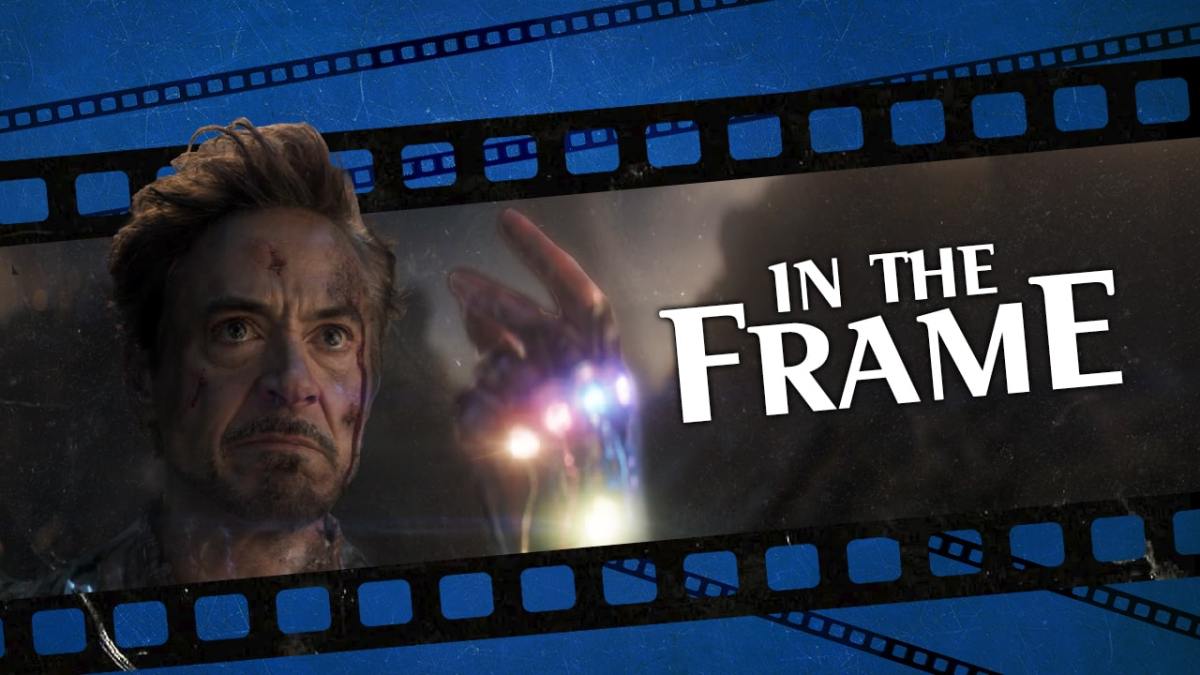It has been just over a year since the release of Avengers: Endgame, and so it feels like the right time to take stock of the film’s tremendous cultural and social impact. It is a celebration of the communal experience of movie-going, and that carries a lot of weight at a time when the future of that experience seems to be in doubt.
To lay my cards on the table, I am not fond of Endgame. I am not a big fan of the Russo Brothers movies in general, as I think they indulge in the worst tendencies of the Marvel Cinematic Universe, stripping out any ambition or insight for simple plot mechanics.
However, I am awed by Endgame. More than that, I am genuinely moved by the audience response to it. As a pop cultural critic, I watched Endgame four times in theatres. Each time, I was tremendously thrilled at the audience’s emotional response to it. My colleague Bob Chipman discussed Avengers: Endgame as the epitome of broad, crowd-pleasing spectacle. He’s entirely right.
There is something magical about the experience of cinema, about sitting in a dark room with a bunch of strangers to watch a film and simultaneously being subsumed by the group and retaining your own perspective. Home entertainment has evolved leaps and bounds in recent years, and there’s a lot to recommend it. But it’s a different sort of media consumption. The feeling behind it is different.
Avengers: Endgame and the MCU have become a cultural touchstone. It’s fair to gripe about the weaponization of spoiler culture to serve corporate interests, but it’s also compelling to watch people so invested in these films that #ThanosDemandsYourSilence and #DontSpoilTheEndgame carry the weight that they do, that people agreed to adhere to a “spoiler ban.”

That shared experience goes beyond the actual content. It even extends beyond box office. The words “Wakanda forever!” will always carry a very special meaning for a certain generation of children, as will stories of cinemas booked out to ensure that kids from all backgrounds can get a chance to share in the wonder of Black Panther.
The MCU is part of the monoculture. It is a shared cultural experience. You can drop a reference to the MCU into conversation and assume that the person to whom you are talking will at least understand the frame of reference, if not the reference itself. Endgame might have sold fewer tickets than Gone with the Wind or even Titanic, but more than 100 million people saw it opening weekend.
There are reasons to be wary of this level of cultural ubiquity. It is tragic to see blockbusters squeezing mid-budget films out of the multiplex. It is sad that the sorts of films emulating Endgame cannot seem to peacefully coexist with a more diverse spectrum of cinematic offerings. Martin Scorsese is wrong to dismiss these films as “not cinema,” but he’s right to be anxious about them.
However, cinema has always been a populist medium. Theaters sold popcorn because it was cheap enough that the patrons could afford it during the Great Depression. The earliest so-called “movie palaces” seated thousands.
Now, there is an ongoing debate about what movie-going will look like after the current pandemic and the suggestion that movie studios will more enthusiastically embrace streaming as a distribution model. However, this is just the escalation of a trend that has been in progress for quite a while.

Although box office results have been trending upward for the past decade, actual cinema attendance has been falling since 2003. The numbers are inflated by rising ticket prices and extravagant gimmicks. Many cinema chains were already in precarious financial positions before the pandemic hit.
However, it isn’t just about the cinematic experience. It’s about larger cultural trends. Media has become increasingly fragmented in the new millennium. It’s hard to keep track of what’s important and what’s actually connecting with people. In 2016, American television generated nearly 100 days’ worth of scripted comedy and drama.
There is just so much “content.” The number of theatrically released movies has more than doubled since 2000. The number of scripted television shows has more than doubled in the last decade. This is to say nothing of the explosion in media providers due to the “streaming wars” and even the emergence of other media like podcasting, YouTube, or even TikTok.
This reflects a larger concern. In the digital age, people have become increasingly disconnected from one another. It’s not unusual to talk about social media creating a distancing effect — whether a “filter bubble” or an “echo chamber” — that disconnects its user from a sense of shared reality. It’s hard to find a common point of reference when there is so much of everything to curate.

This is the appeal of the monoculture. It creates a shared experience. This is why people are fascinated by what others are watching or playing, because it cultivates a shared point of interest. This is why there were so many articles written about the cultural impact of Game of Thrones and the question of whether it would be the last “water cooler television show” before we all drown in “peak TV.”
To be fair, Avengers: Endgame understands this. It arrives at its own fracture point. It marks the departure of shared universe stalwarts Robert Downey Jr. and Chris Evans. With the arrival of actual in-continuity tie-ins on Disney+, it perhaps marks the last point that the MCU will be exclusively “cinematic.” Going to streaming, the MCU becomes by definition less broadly accessible to audiences.
Still, there’s something very affecting about how Endgame and the MCU managed to have that level of cultural impact, to bring so many people together to such great effect. It is a testament to the unifying power of cinema, as well as a celebration of film’s strength as an accessible and crowd-pleasing medium — from The Wizard of Oz and Gone with the Wind to The Sound of Music and beyond.
Whatever criticisms one might have of Avengers: Endgame, that’s something very special.





